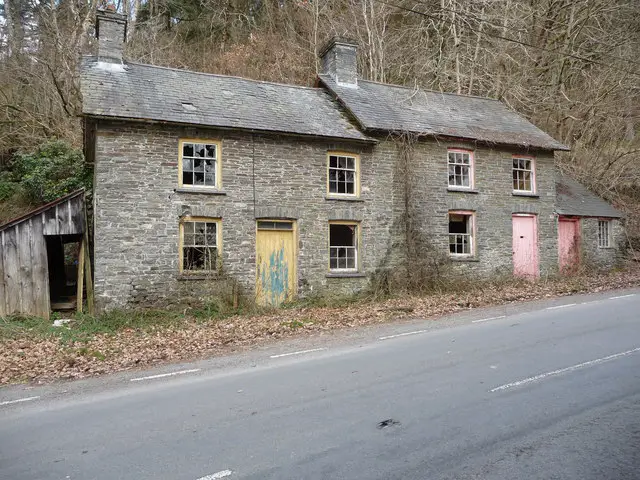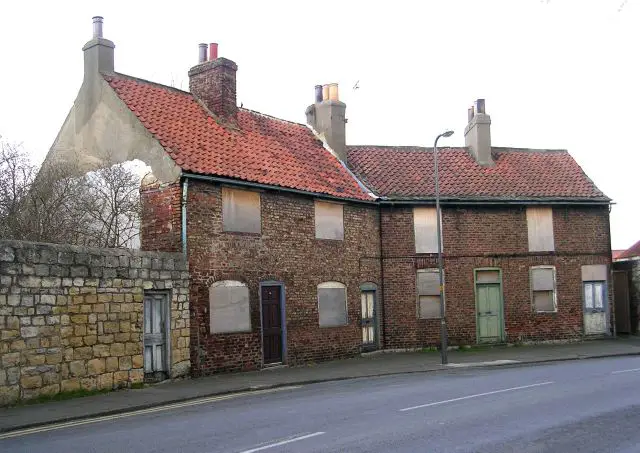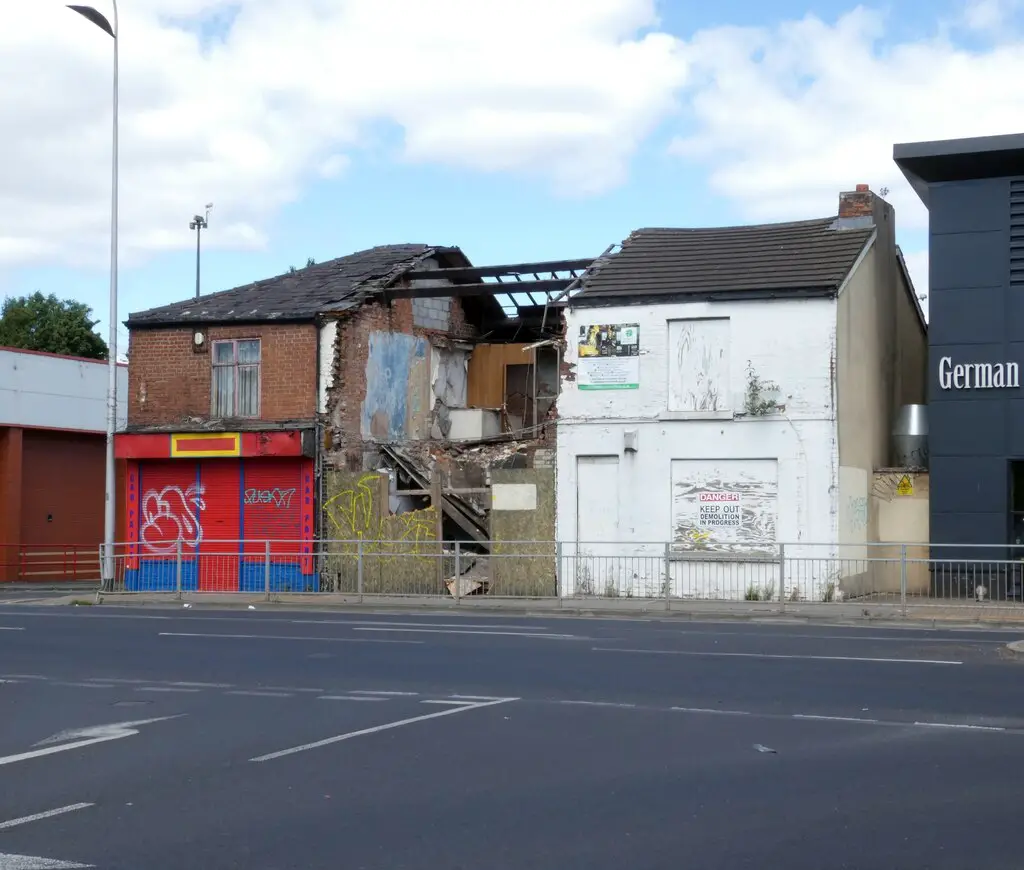Renovating or purchasing a derelict property is time-consuming and tedious. For most people, meticulous planning, renovations, and financial risk are not worth it.

How to Buy Derelict Property?
Buying a derelict property requires research, solicitation of attractive deals, and learning how to fix and upgrade it. It is also necessary to plan how to raise the money to buy one.
Before you invest or purchase a derelict property, you should understand the process involved. You need to consider the following factors:
Know What Is Derelict Property
A neglected and abandoned land or building is a derelict property. It may also be a property that has been vacant or unkempt for an extended period. The neighbours often consider these properties eyesores and can have adverse effects on surrounding businesses.
Individuals may abandon their property because of financial hardship or a lifestyle change. When they experience financial hardship, they cannot pay their mortgage due to job loss or illness. On the other hand, a lifestyle change may involve moving out of town for work or starting over elsewhere.
How Much Can You Afford?
If you want to buy a derelict property, you need to determine how much money you must spend.
If owners have abandoned the building for some time, you may need to repair it before moving in. Repairs can range from basic cosmetic adjustments like painting the walls to major structural fixes like repairing the roofing or rebuilding entire roofs or floors. Repairs could cost tens of thousands of euros or more, depending on how bad things appear when thoroughly examined during the inspection.
Analyse the Risks Involved in Buying Old Properties

An abandoned property can make a substantial investment, but it is also a risky endeavour.
If you purchase a derelict property, there is always the possibility that you will discover something unexpected. You may find mould, asbestos, or hazardous materials, particularly if the owners neglected the property for a long time.
The damage caused by these issues can cost you much money in repairs and even legal action if you are not careful. Nevertheless, these risks can be mitigated. For example, if there’s asbestos or mould in the property, you’ll need a professional inspector to remove it without endangering your health or the structure.
Besides physical problems with old homes, there are also financial risks to consider before purchasing. If you’re not careful, you could end up paying for repairs that weren’t even necessary. It’s important to research a property before buying it and ensure you’re comfortable with all the costs involved in refurbishing it so that you don’t spend more than you can afford.
Get Ready to Face Obstacles
When you’re buying a derelict house, there are a few things to keep in mind.
First, be prepared for obstacles along the way. You may encounter delays with the seller or find that the property isn’t quite what you expected. In these cases, it’s important to remain calm and react with reason rather than emotion. In other words, don’t get too excited if everything goes smoothly and don’t get upset if there are some bumps in the road.
Second, be prepared for unexpected costs. Ensure you know what to expect before signing any dotted lines to stay on budget throughout the process.
Finally, you’ll need to consider how much work is involved in fixing a derelict property. It might require more time and money than you initially expected.
Confirm the Zoning Rules or Outstanding Permits Before Buying Abandoned Property
When looking for abandoned property, it’s essential to ensure that the zoning rules are in place and that there aren’t any outstanding permits. It can save you a lot of time and money later on down the line.
If you’re buying an empty house, you’ll need to contact the local building inspector and confirm that there are no outstanding building permits or violations that might attract fines or other costs. You’ll also want to ensure that the zoning rules are up-to-date so you can use your new home as a residence under current laws.
Make sure you check with your local planning department to see if there are any plans for redeveloping the area surrounding your new home. If there are, this could affect how much space you have.
Make Sure You Do Your Due Diligence

Due diligence refers to the investigation of a property before it is purchased. Due diligence on derelict properties is essential because they may have hazardous materials or environmental issues.
The first step in doing due diligence is ensuring you’ve got a good idea about what the property looks. If there are pictures available online, go through them.
Once you’ve done your research, ensure that the seller or previous owners answers all of your questions before buying the property. You can’t walk away from a bad deal, but you can avoid it.
The first thing to do when you want to buy a derelict property is to ensure that it’s structurally sound. A building inspector or structural engineer can tell you whether the foundation is sound, but other things may also be wrong with your new property. For example, if the roof has leaked for years, it might be beyond repair and need replacing before you can move in.
If you buy a derelict property without doing due diligence on it first. It could cost you money in the long run if someone gets hurt on the property or if there are other problems with the building that need to be fixed.
Next, protect your investment potential. If you don’t do your due diligence when buying a derelict property, there is no guarantee that it will ever be worth what you paid for it or that it will ever be suitable for resale in its current condition.
Decide if You Want to Buy the Property
Once you’ve purchased your derelict property, it’s time to make it happen. You need to consider all the above factors, but finding the right one is primarily determined by understanding precisely what you want and how much it will cost you. If you don’t have the capital right away, you may want to consider financing the purchase.
If you cannot afford to pay in cash, you will need to find a bank or lending institution that can provide you with a mortgage or a loan. The bank will probably ask you for an appraisal on the home, and an inspection report on the property. They will also ask for other specifics, like the price of the house, when you plan on closing, and how much money you have for closing costs.
Therefore, investing in derelict property can be exciting and rewarding, but it can also be disappointing as well as potentially dangerous if you don’t do it right.

